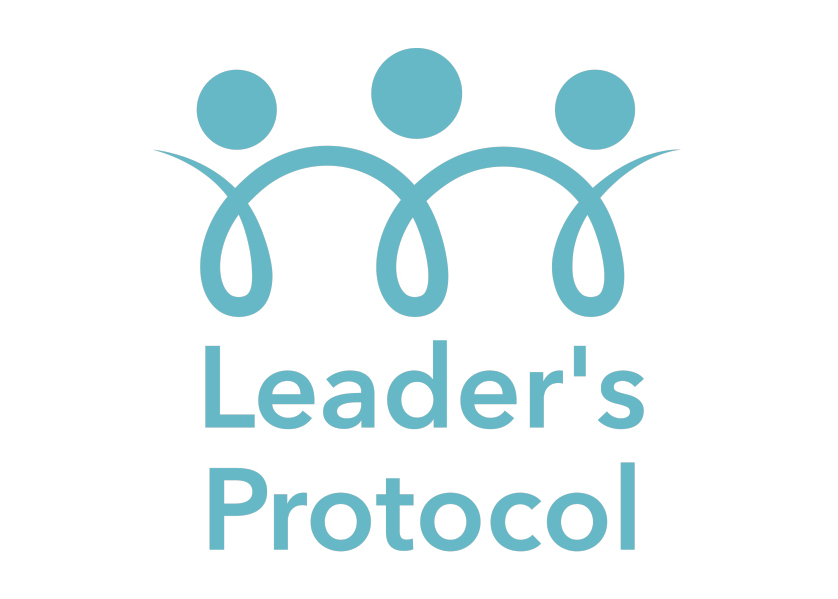Who wouldn't say they were ethical? It's a given, right? I'd argue that it's much easier to talk about that be sure you 100% behave as such, and maybe with good reason too. Are ethical compromises possible or are we in binary territory? Some thoughts to consider ...
The Ethical Leader: Upholding Integrity in the Face of Challenge
Leadership is more than strategy and charisma; it’s a moral compass that steers organisations. Ethical leadership, a concept that sounds like a moral utopia, is the guiding light that can drive sustainable success. Yet, it’s often a gruelling path, littered with complex dilemmas, contradictory interests, and slippery slopes. Can you, as a leader, maintain your integrity while navigating these choppy waters? Who do you listen to? What takes precedence, and why?
Why Ethical Leadership?
At first glance, ethical leadership seems like an ‘extra’ – a nice-to-have element of a leader’s persona. Yet, is it merely an optional addition or an integral necessity? From Volkswagen’s emissions scandal to Wells Fargo’s sham accounts, we have seen how unethical leadership can ravage reputation, stakeholders’ trust, and bottom lines. Conversely, organisations like Accenture and Patagonia, celebrated in Ethisphere’s list of the “World’s Most Ethical Companies,” have proved that integrity and profitability aren’t mutually exclusive but are indeed mutually inclusive.
If ethical leadership is the key to trust, loyalty, and financial success, why isn’t everyone doing it?
The Tumultuous Path of Ethical Leadership
The reality is, ethical leadership isn’t for the faint-hearted. It requires making decisions that are often against the tide, and in conflict with short-term gains. Can you put the long-term welfare of stakeholders over immediate profits? Can you choose transparency when misinformation is more convenient? Can you take a stand for what’s right even when it’s not popular?
The Dilemma of Ethics and Profitability
Some might argue, in a world driven by profit, can ethics be more than a decorative facade? Let’s take the case of Patagonia, the outdoor clothing and gear company. Despite critics arguing that environmental commitment and profit can’t coexist, Patagonia has challenged this paradigm. Through ethical business practices, they have built a loyal customer base and significantly boosted their profitability. So, are you ready to challenge the paradigm?
In the nuanced world of leadership, can there be a compromise on ethics, or is it a binary of ‘ethical’ or ‘not’? The thought of compromising on ethics can make many uneasy. After all, doesn’t the very term ‘ethical compromise’ sound oxymoronic? However, this perspective can oversimplify the complex landscape that leaders often navigate.
Pragmatically speaking, leaders frequently face decisions that can appear as an ethical compromise, particularly when multiple ethical principles conflict. Consider a situation where transparency, a laudable ethical goal, clashes with confidentiality, another ethical pillar. Which principle should the leader uphold? These are the ‘grey areas’ of ethics, where the binary view of ‘ethical’ or ‘not’ starts blurring.
However, this isn’t an excuse for ethical laxity or a ticket to ‘ends justify the means’ thinking. Compromises, if any, should never undermine fundamental values of honesty, fairness, and respect. Moreover, leaders must guard against using ‘ethical compromise’ as a cover for convenient choices that prioritise personal gain over the collective good.
A leader’s role is to tread carefully in these ethical mazes, balancing dilemmas without diluting core values. Ethical leadership, then, is less about uncompromising rigidity and more about navigating the grey areas with integrity, transparency, and courage.
While the discourse around ethics tends to revolve around binary terms, in practice, it is far from it. The real world of leadership often grapples with ethical complexities that defy such simplicity. Yet, amidst these challenges, the guiding light for leaders remains the unwavering commitment to values, fairness, and justice.
Rethinking Ethical Leadership: A Call to Action
If ethical leadership is the lighthouse amidst the chaos, how do we ensure that its beam penetrates every corner of our organisation? Here are a few strategies:
- Be the Mirror: As a leader, your actions are a mirror reflecting the values of your organisation. Ask yourself – does your organisation’s reflection embody integrity and fairness?
- Encourage Voice: Can your team speak up without the fear of retribution? Cultivate an environment where ethical dilemmas can be discussed openly and honestly.
- Teach Ethics: Are ethical guidelines clear within your organisation? Implement regular training to help your team navigate ethical quandaries.
- Reward Integrity: Does your organisation value integrity? Recognize and reward ethical behaviour to reinforce its importance.
The Future of Ethical Leadership
In a world where every action is scrutinised and social commentators are ready to dissect corporate behaviour, ethical leadership isn’t just a virtue – it’s a necessity. As leaders, we must remember that our actions ripple through our organisations, shaping their culture, ethics, and ultimately, their success.
Key Takeaways
Ethical leadership is about making hard decisions, confronting uncomfortable truths, and often, going against the tide. Yet, it’s a journey worth undertaking, for its rewards permeate every aspect of the organisation – from a motivated workforce, loyal customers, to sustainable profits.
Are we ready to don the mantle of ethical leadership? To help answer this, here are some essential questions to ponder::
- Am I living the values that I am promoting?
- How am I demonstrating ethical leadership in my day-to-day actions?
- Does my team feel safe discussing ethical dilemmas?
- Am I actively promoting a culture of integrity?
- Have I equipped my organisation to navigate ethical quandaries?
- How do I reward and recognize integrity in my team?
The answers to these questions can illuminate the path to becoming an ethical leader, fostering a culture of integrity that anchors your organisation in the tumultuous seas of the corporate world.
Want more? I’d recommend …
Book: “The Power of Ethical Management” Blanchard and Peale
Article: “Managing for Organizational Integrity” Lynn S. Paine
Video: “Everyday Leadership” Drew Dudley at TEDxToronto
Podcast: “How Ethical Leadership Drives Business Success” by Wharton Business Daily



